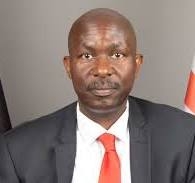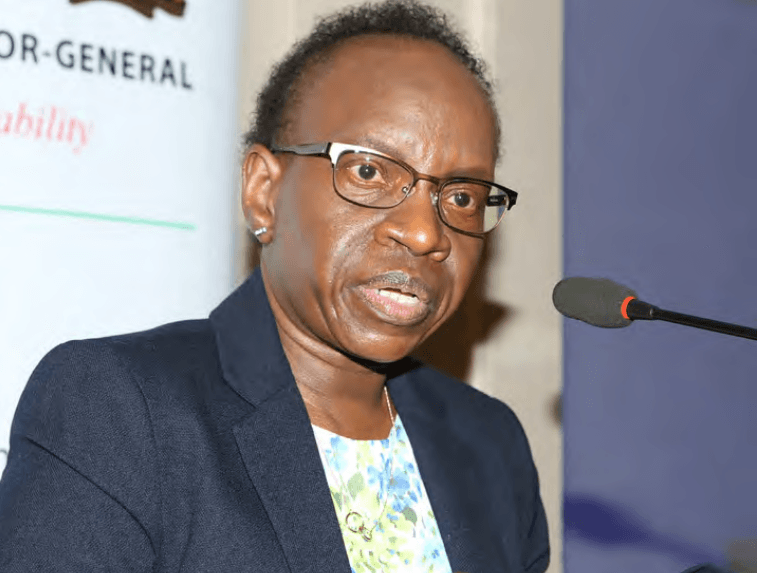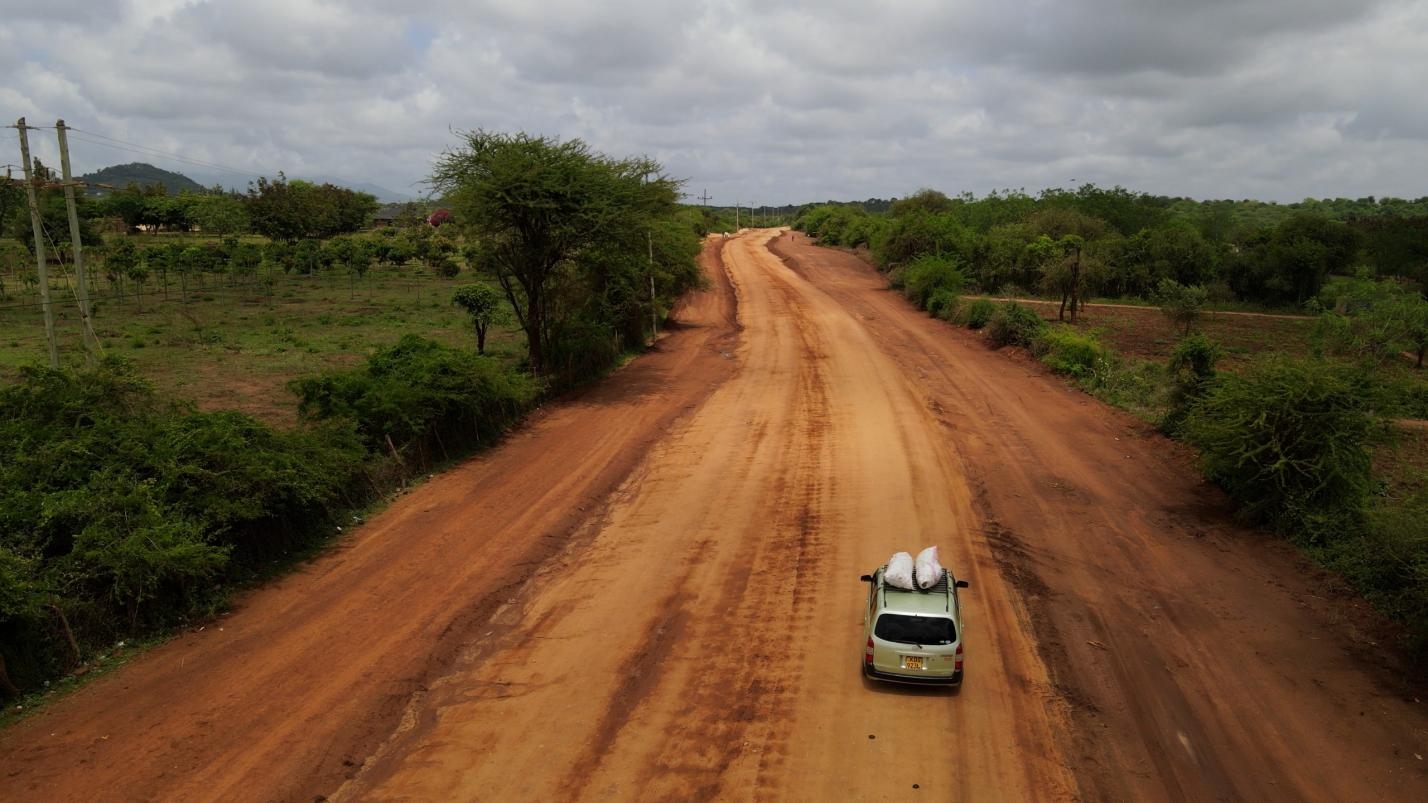By BRIAN OBARA
There are moments in history when a country’s reality seems to split.
Kenya, I fear, crossed that threshold in August 2022, when everything we thought we knew about how to wield power with a semblance of competence and responsibility flipped on its head.
Since William Ruto and Rigathi Gachagua ascended to the presidency and deputy presidency, it feels as if we've entered a bizarre parallel universe where previous norms have been shattered, confusion over major policy shifts in education and healthcare reigns and the public can have no expectation that the those who they elected to power are there to serve their best interests.
Courtesy of the Kenya Kwanza administration, we have come to understand that corruption is a ladder and there are always a few ascending rungs.
While ordinary Kenyans endure the worst economic squeeze since the 1990s, leaders who should be stewards of the public good are brazenly preoccupied with personal enrichment as was made abundantly clear with the evidence that was presented before parliament to support the impeachment of the Deputy President.
Beneath this depressing reality, however, something remarkable is brewing.
A slow-burning revolution that began with the youth-led protests against the Finance Bill, 2024 is slowly picking up pace, fuelled by a growing dissatisfaction with the status quo.
The most telling evidence of this shift?
The seething anger we witnessed against the political elite when court-ordered public participation was conducted across Kenya’s 290 constituencies this past weekend.
Though Parliament voted overwhelmingly to impeach Gachagua: 281 MPs in favour, 44 against and one abstention, beyond these numbers, the public participation exercise demonstrated that disillusionment with this government’s missteps has reached new heights.
The ground has shifted.
A huge chunk of the populace is no longer willing to swallow the empty promises of an increasingly out-of-touch leadership.
Ruto himself is no longer feared or loved to the degree we previously assumed, and this is not just happening online.
Courtesy of the public participation, we got to learn that people on the ground are angry, fed up and ready to show it at the ballot in 2027.
The now widely-used slogan “kufa dereva, kufa makanga,” captures the immense public frustration and twinned fates of Ruto and his deputy in the public’s eye.
The impeachment of Gachagua was the political establishment’s attempt to tidy up the mess, but it’s not convincing anyone.
The narrative that removing Gachagua will fix the system is far from believable.
The truth, as the public clearly understands, is that both Ruto and Gachagua represent the same rot.
The only difference, as the last two years have shown us, is that Ruto can't do the job (due to a cocktail of personal shortcomings that I have discussed in previous columns) while Gachagua has no understanding of what the job is.
Nevertheless, it's a uniquely dysfunctional symbiotic relationship that has brought Kenya to the brink.
The crisis didn’t emerge overnight.
The slow fuse that has ignited today’s discontent has been burning since 2013.
Since then a conveyor belt of mediocre leaders, who thanks to the Dunning-Kruger effect, are too incompetent to realise their own mediocrity. If the Uhuru-Ruto administration was incompetent and corrupt, the Ruto-Gachagua regime has added a sinister and cynical tinge to the ungodly mess as demonstrated by David Ndii’s “it's our time to eat” tweets.
It's all so brazen that Kenyans are finally connecting the dots.
It no longer makes sense to more and more Kenyans just to like a politician for personal or tribal reasons; if they can't do the job, they have to go.
The Gachagua impeachment has just given Kenyans a template to learn from.
As Mau Mau veteran Gitu wa Kahengeri recently told me, “If Kenyans don’t deal with corruption, we won’t have a country here.”
He’s right of course. Our political space must be guarded as fiercely as Chapter 6 of the constitution demands.
We’ve already seen what happens when we don’t, and it’s not pretty. Kenya’s revolution is on a slow boil but it's alive and well.
The question now is whether our leaders will heed the warnings before it’s too late. If they don’t, the next wave of this revolution will sweep them all away.

















